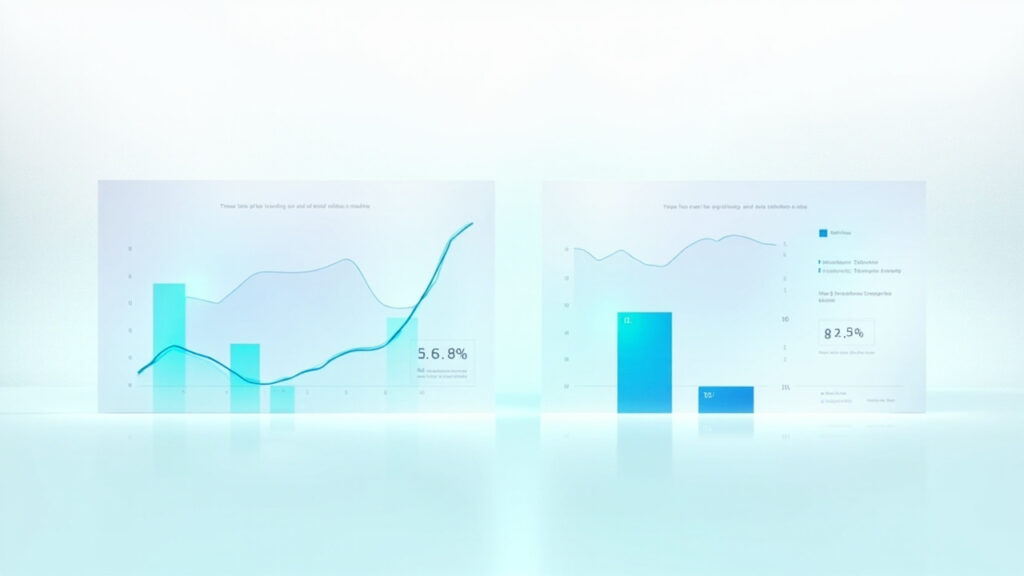In the dynamic realm of software development, the quest for delivering high-quality, defect-free software swiftly and effectively poses immense challenges. As digital solutions become increasingly integral to business operations, software testing emerges as a critical component. It ensures that applications not only fulfill user expectations but also adhere to stringent security and performance standards. Nonetheless, the path to achieving exemplary software quality is fraught with intricate hurdles spanning technical difficulties, process inefficiencies, and resource constraints.
The traditional paradigms of software testing are continually stretched thin as the pace of development cycles accelerates and the complexity of technologies escalates. Testers find themselves at the intersection of escalating quality demands and the relentless drive to hasten time-to-market. This article delves into these multifaceted challenges, presenting insights into how cutting-edge tools like GenQE, an AI-powered software testing platform, are redefining the landscape by effectively addressing these issues.
By the culmination of this exploration, readers will gain a nuanced understanding of the complex challenges prevalent in software testing today and learn how leveraging advanced technological tools can alleviate these challenges, enhancing both the efficiency and effectiveness of testing processes.
The Evolutionary Pace of Software Development

The landscape of software development is undergoing rapid transformation. The introduction of Agile and DevOps methodologies has revolutionized the development lifecycle, necessitating significant adaptations in testing strategies.
The Agile and DevOps Impact
Agile methodologies promote continuous development and testing, implying a relentless cycle of feedback and iteration. Similarly, DevOps fosters an integrated approach, merging development and operations to enhance collaboration and expedite delivery. These methodologies engender an environment characterized by swift development cycles and frequent releases, placing considerable strain on traditional testing frameworks.
Increasing Complexity of Applications
Today’s applications are far from simplistic; they often represent intricate ecosystems comprising microservices, cloud infrastructure, and dynamic user interfaces. This complexity poses substantial challenges in devising effective testing strategies that can encompass diverse interaction patterns, integrations, and platform dependencies.
Accelerated Release Schedules
Compounded by mounting market pressures, organizations are impelled to accelerate their update releases. This urgency often leads to compromised testing phases, resulting in products that may not be thoroughly vetted for bugs or performance glitches.
The Multifaceted Challenges of Software Testing

Ensuring supreme software quality is beleaguered with challenges that span technical intricacies, procedural inefficiencies, and resource scarcities. A deep dive into these challenges is pivotal for devising effective solutions.
Technical Challenges
From grappling with legacy systems incompatible with contemporary testing tools to managing a plethora of devices and platforms, and navigating the nuances of cloud testing, technical challenges are abundant.
Process Challenges
Procedural hurdles often involve aligning testing operations with Agile and DevOps workflows, managing test data and environments efficiently, and ensuring extensive automation of testing processes to keep pace with accelerated development timelines.
Resource Challenges
The scarcity of skilled testers proficient in modern testing technologies and methodologies exacerbates the challenges. Moreover, balancing cost constraints with the need for comprehensive testing coverage remains a persistent issue.
The Role of Artificial Intelligence in Software Testing

Artificial Intelligence (AI) is poised to revolutionize software testing by infusing greater efficiency and accuracy. AI can automate complex, repetitive tasks, reducing human error and enhancing test outcomes.
AI-Driven Test Case Generation
AI’s capability to autonomously generate test cases is transformative. It accelerates the testing process and ensures thorough coverage by identifying edge cases that might elude human testers.
Enhancing Test Accuracy
AI algorithms can scrutinize historical data to predict and concentrate on areas more prone to defects. This precision in focusing testing efforts not only optimizes resource utilization but also enhances the accuracy of test results.
Self-Healing Test Automation
AI-powered tools can adaptively update test scripts as applications evolve, a feature known as self-healing automation. This drastically cuts down maintenance efforts and fortifies the robustness of automation frameworks.
Integrating GenQE in Modern Testing Strategies

Incorporating AI tools like GenQE can significantly alleviate the challenges encountered in contemporary software testing environments. GenQE leverages AI to refine test automation, boost efficiency, and guarantee extensive test coverage across diverse platforms.
AI-Driven Efficiency
By automating the creation of test cases and prioritizing them based on risk analysis, GenQE minimizes reliance on manual efforts and maximizes testing efficiency. Its seamless integration with CI/CD tools like Jenkins and GitHub Actions ensures it aligns perfectly with modern DevOps practices.
Scalability and Flexibility
Designed for scalability, GenQE caters to enterprise-level projects with evolving software requirements. Its versatility extends across various environments—web, mobile, or cloud—making it an indispensable tool for any testing team.
Cost-Effectiveness
Features such as self-healing automation and AI-powered defect detection streamline maintenance efforts and accelerate defect identification, translating into substantial cost savings over time.
Case Studies and Real-World Applications

Examining real-world applications and case studies sheds light on how effectively modern testing tools are being employed to navigate the complexities of today’s software development challenges.
Case Study 1: Large-scale E-commerce Platform
A prominent e-commerce company leveraged GenQE to manage their extensive operations and frequent release cycles. The implementation led to a 50% reduction in testing time and a marked enhancement in bug detection rates.
Case Study 2: Financial Services Application
A financial services firm deployed GenQE to augment their mobile and web application testing. The AI-powered defect detection facilitated early identification of critical issues, significantly mitigating the risk of costly errors.
Conclusion: Embracing the Future of Software Testing

The domain of software testing is continually evolving, propelled by rapid technological advancements and shifting market demands. While the challenges are formidable, the integration of AI-powered tools like GenQE offers a promising avenue. By automating and optimizing testing processes, these tools not only address immediate issues but also set the stage for more innovative approaches in the future.
For organizations aiming to enhance their software quality while keeping pace with the rapid development cycles, delving into and investing in advanced tools like GenQE could be transformative. As we continuously strive to push the boundaries of what’s possible in software development, the role of sophisticated testing tools will undoubtedly become increasingly central to achieving excellence in software quality.
Are you ready to revolutionize your software testing strategy? Explore how GenQE can transform your approach and help you stay ahead in the game.
Discover More Innovative Solutions
Want to learn more about the tools and technologies discussed in this article? Explore how these innovations can be tailored to your specific needs and workflow requirements.
Our team of experts is available to answer your questions and provide personalized insights into how modern solutions like GenQE can address your specific challenges.